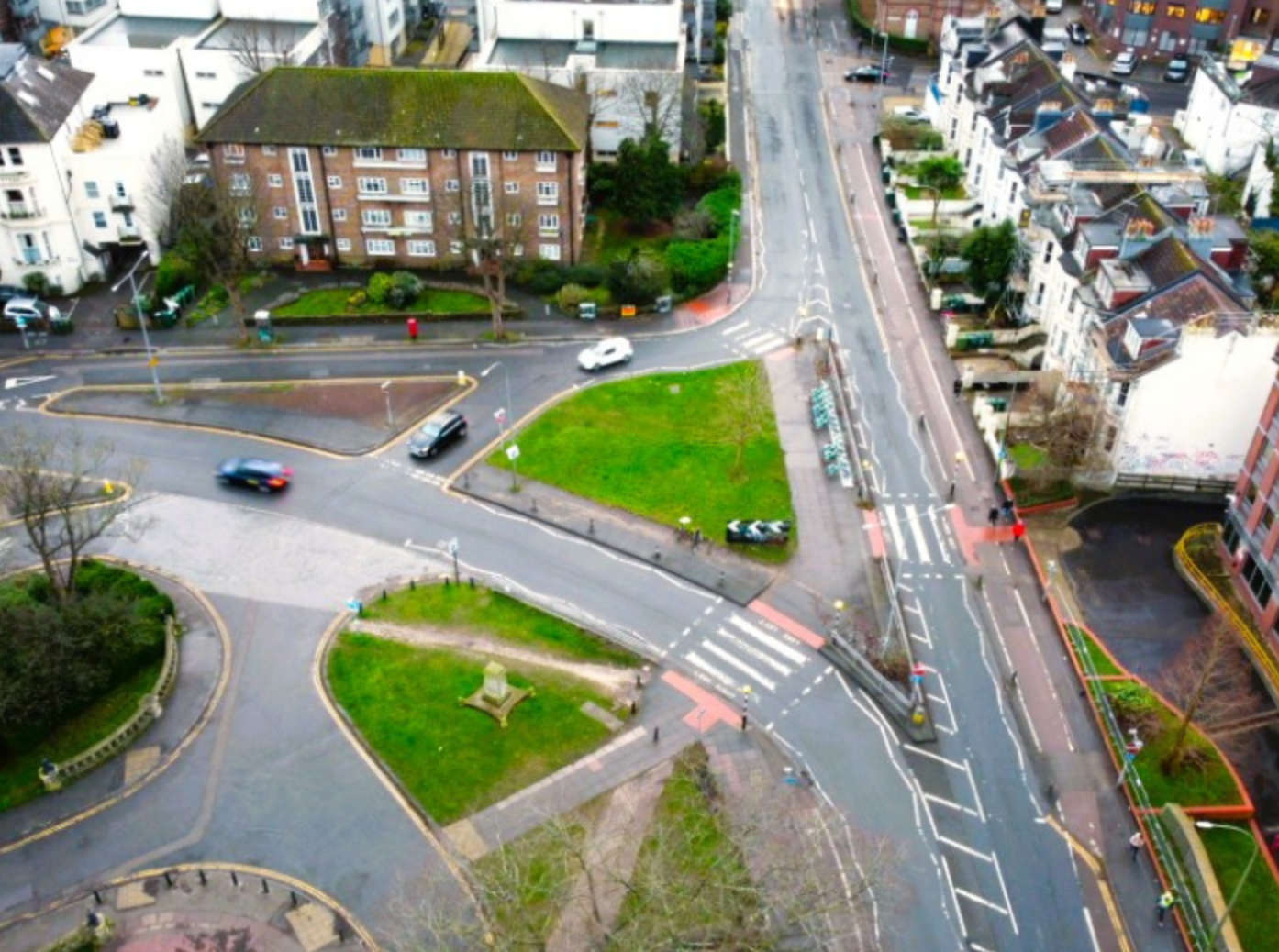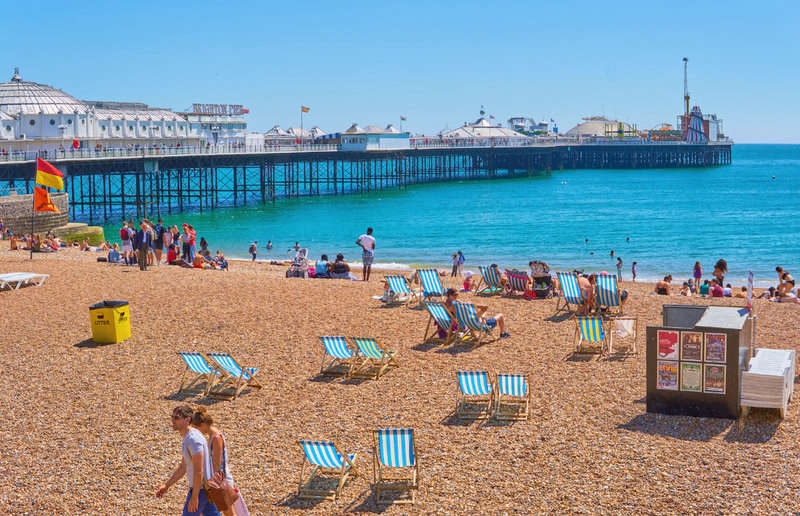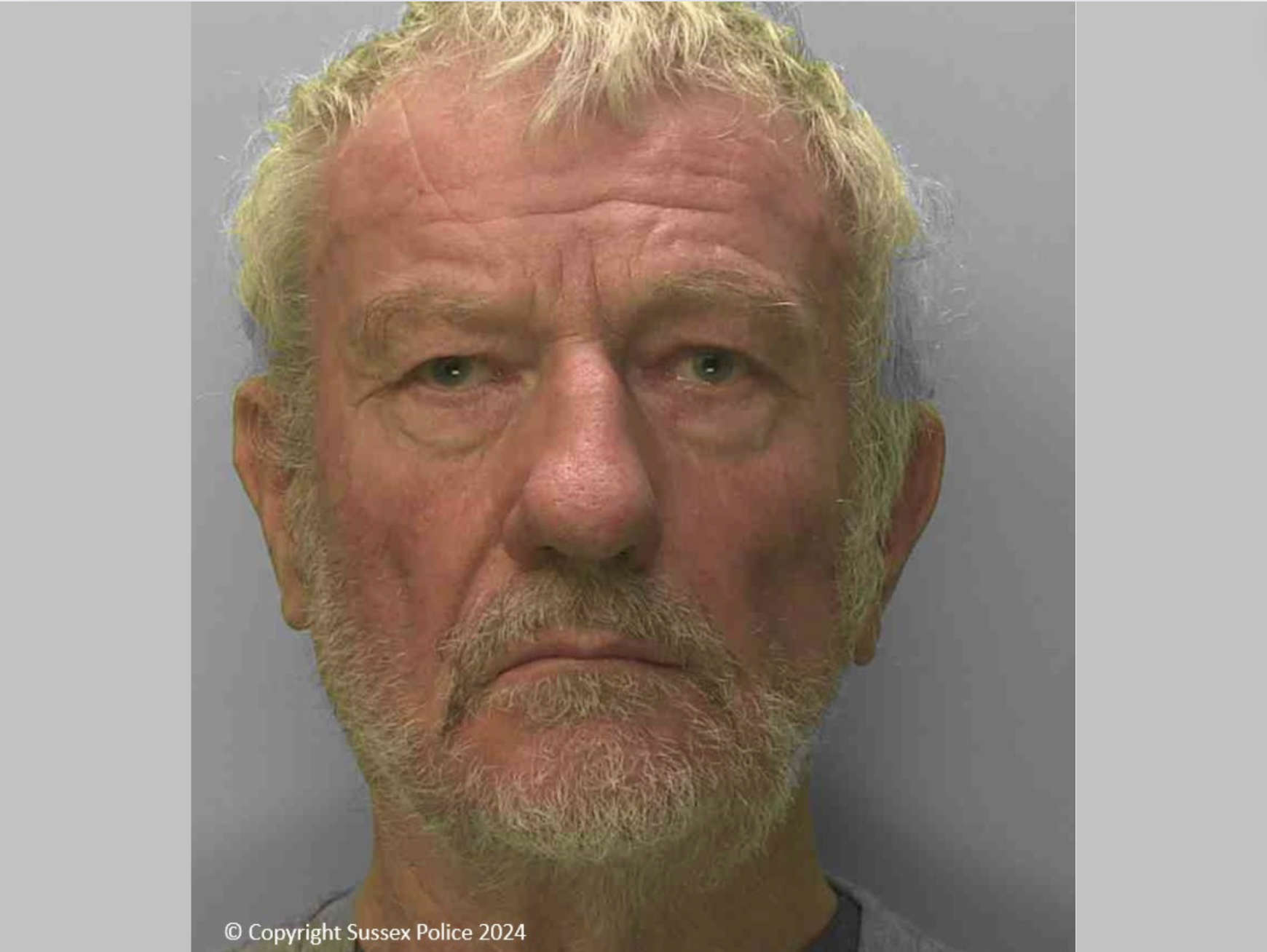
There has been a dramatic decline in hedgehog numbers in the countryside in the last 20 years, but things are more encouraging in towns and cities, a new study has suggested.
The latest State Of Britain's Hedgehogs report by the People's Trust for Endangered Species (PTES) and the British Hedgehog Preservation Society (BHPS) draws on a number of surveys carried out in rural and urban areas.
It says that between 30% to 75% of the hedgehog population has been lost in the countryside in the last two decades, with the largest falls in the eastern half of England.
However in urban areas the picture is of a stable population that might be recovering, albeit from a low base, after a prolonged period of decline.
Nida Al-Fulaij, conservation research manager at PTES and one of the report's authors, said the charity wants to work with farmers to make landscapes more hedgehog-friendly.
"If you picture a landscape, the greater mosaic of different habitats and varied features, and varied species within those features, the better it is not just for hedgehogs but for everything."
She said improving hedgerows, the habitat that gives hedgehogs their name, would help, as well as not using insecticides on field margins to ensure a ready supply of slugs, caterpillars and bugs for food.
Ms Al-Fulaij added that despite the better news in urban areas, action was still needed and everyone could help.
"Don't Astroturf your garden; if you can make some rough and wild areas as hedgehog-friendly as possible, then that's great," she said.

 Brighton: A23 Improvement Work To Begin In June
Brighton: A23 Improvement Work To Begin In June
 New Ancient Trade Exhibition To Open At The Beachy Head Story
New Ancient Trade Exhibition To Open At The Beachy Head Story
 Sussex Beaches Win Big In Annual Awards
Sussex Beaches Win Big In Annual Awards
 Police Still Searching For Two Men Over Hastings Fatal Hit-And-Run
Police Still Searching For Two Men Over Hastings Fatal Hit-And-Run
 Pulborough Rapist Has Jail Sentence Extended After Appeal
Pulborough Rapist Has Jail Sentence Extended After Appeal
 Planners Approve Battery Storage Facility In Hooe
Planners Approve Battery Storage Facility In Hooe
 Children’s Charity Launches Campaign To Provide Wellbeing Service at Brighton Hospital.
Children’s Charity Launches Campaign To Provide Wellbeing Service at Brighton Hospital.
 Sussex Air Ambulance Charity Raises £1m To Buy Its Helicopter
Sussex Air Ambulance Charity Raises £1m To Buy Its Helicopter
 New Southern Timetable To Add 5,000 South Coast Seats From Next Month
New Southern Timetable To Add 5,000 South Coast Seats From Next Month
 New Mayor A Leader For ‘Unity And Progress In Brighton & Hove’
New Mayor A Leader For ‘Unity And Progress In Brighton & Hove’